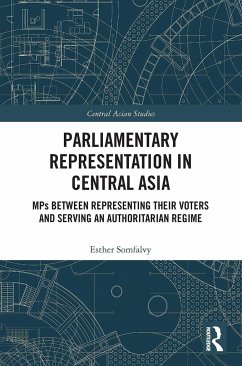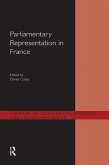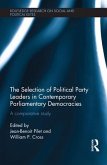This book explores the nature of parliamentary representation within the autocratic regimes of Kazakhstan and Kyrgyzstan. It argues that although many parliaments are elected under flawed or non-competitive elections, autocratic governments are nevertheless aware of the need to appear representative and accessible to the demands of citizens and that even limited parliaments manage to represent their voters, sometimes in ways not intended by the regime. The book examines how elites structure, manage and organize representation; how they foster the desired kind of representation; and how they limit the ways in which parliaments fulfil their representative functions. The book concludes that Kazakhstan is a more hegemonic form of autocracy and the Kyrgyz Republic a more competitive form and that the degree to which parliaments fulfil their representational functions and how much room for manoeuvre individual MPs have depends largely on how much parties control candidate selection and the daily schedule and administrative resources of parliaments.
Hinweis: Dieser Artikel kann nur an eine deutsche Lieferadresse ausgeliefert werden.
Hinweis: Dieser Artikel kann nur an eine deutsche Lieferadresse ausgeliefert werden.








